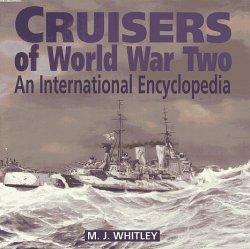Theatrical performances, in which the guests might join, sometimes
with tragic results, became very important by the fifteenth century. Then
as now people loved to dance. They also loved sports, hunting, and especially
tournaments (Document 63). Tournaments began as training for
warfare. The space between castle walls known as the lists provided space
for military exercises and also for jousting. Jousting was a formal fight,
engaged in as a sport. In the twelfth century two teams of knights engaged
in a free-for-all combat called a melee, a word we still use for a
chaotic situation. Weapons were supposed to be blunt, but injuries and
even deaths were common. In the thirteenth century tournaments provided
entertainment that included spectacular athletic displays, colorful
rituals, and banquets. William Marshall, lord of Pembroke Castle, began
his career as a jouster in tournaments.
By the fourteenth century the jousts consisted of formal contests in
which mounted warriors charged each other with lances in an attempt
to knock each other off the horse. Heralds supervised the tournament
and acted as umpires. Jousting took place in walled lists. Temporary
wooden walls could be constructed to form the lists, or the area between
the inner and outer walls of a castle could serve. Spectators
watched from the castle walls, which might be extended with temporary
wooden barriers, or “tilts.” Pavilions and stands for spectators were
also built.
In the fifteenth and sixteenth centuries tournaments became a very
expensive sport, engaged in only by wealthy men who wore splendid
armor identified by heraldic colors and emblems. They rode powerful
horses (destriers) that were also decked out with heraldic trappings. Kings
even held international competitions in which they guaranteed safe conduct
for jousters from abroad. In 1344 at a tournament at Windsor Castle,
men came from Scotland, France, Burgundy, and elsewhere. The
knights fought for honor and glory, and they often dedicated their skill
and strength to their ladies, who judged and awarded prizes. Ceremony
and spectacle replaced mock warfare.




 World History
World History









